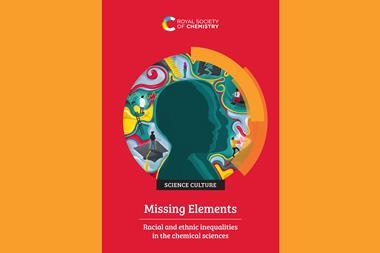The Royal Society of Chemistry (RSC) has announced a new £677,000 grant scheme to address racial and ethnic inequalities in the chemical sciences.
The Missing Elements Grants Scheme funding, which comes just over a year after the publication of the RSC’s Missing Elements report which highlighted the problems affecting those from minority ethnic backgrounds, will be shared between projects at 10 universities in the UK and Ireland.
The projects were selected based on their potential to create lasting systemic change in the chemistry field by improving the representation, progression and retention of chemical scientists from Black and minority ethnic backgrounds and supporting a culture of allyship and belonging. All 10 started on 30 October and the majority are set to run until 30 November 2026.
‘Our Missing Elements report laid bare the barriers faced by members of the chemical sciences community from minoritised ethnicities to progress in their careers,’ said Helen Pain, chief executive of the RSC. ‘Through this grant scheme, we are providing the critical financial support needed to ensure that the community is empowered to join us in addressing these barriers.’
‘We were encouraged by the response from the community to the call for applications, particularly in the diversity of approaches, and expect these projects will produce tangible results and ultimately change people’s lives for the better.’
Each of the projects are expected to provide bi-monthly progress updates and a summary of their plans, works and milestones hit on a regular basis. A final detailed report is expected to be ready within two months of the completion of each project.
The RSC’s Missing Elements report revealed that in the past decade there had been no real improvement in the representation of Black people in academic chemistry with Black chemists being lost at ‘an alarming rate’ after a first degree.
It also found that Black and Asian students are less likely to go to a Russell Group university than their white peers and are more likely to be unemployed than to pursue further study following a degree.

















No comments yet